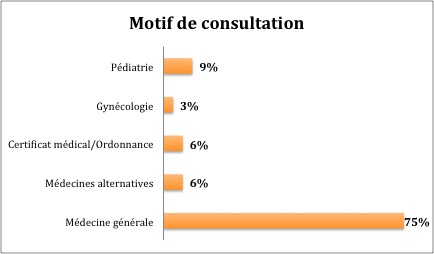Each week, general practitioners dedicate 50 hours to their practice. They see up to 30 patients per day.

General practitioners have rather busy days. With two million consultations per day, the profession is in great demand. By relying on its many members, the online appointment booking site Doctolib carried out a study on these practitioners. It provides an informative overview of the typical year of a general practitioner.
This is not a myth: general practitioners are on the front line of care. They are rather reactive in the matter since it takes, on average, three days of waiting before obtaining an appointment. But, as an Ifop poll recently pointed out, these deadlines tend to get longer.
Frequent follow-up visits
In the vast majority of cases, the general practitioner receives for various reasons. 6% of consultations are however reserved for the issuance of medical certificates or prescriptions, and as many for alternative doctors.

On average, a practitioner sees his patient five times a year. It is therefore not surprising that follow-up consultations occupy a significant part of the day. One in four meetings is to follow the evolution of a person.
The days are long for a general practitioner. Over a week, they dedicate 31 hours to consultations. But the work is not yet finished. These practitioners actually spend 50 hours in their practice. Apart from appointments, they must ensure the maintenance of the premises, manage the paperwork … all tasks which considerably lengthen the hours.
A degraded situation
The weeks are all the longer as the rhythm is intense. 17 minutes are devoted to each patient, and the practitioner sees 22 per day on average. But during peak periods, the counter can go up to 30 consultations.
Hardly surprising, given these data, that general practitioners find it difficult to be positive. Questioned within the framework of the Observatory CMV / Mediforce of the liberal professions of health, they are numerous to look gray. While the climate is calm for most specialties, general practitioners see the situation deteriorating. Apart from them, only dentists make the same observation.
At the heart of the discomfort, the schedules. 46% of GPs say they are unsatisfactory. They are as much not to enjoy decent working conditions. The problem is, at least in part, how much profit they get from their days. And for 67% of practitioners, the relationship between workloads and compensation is unbalanced. To their detriment of course.
.













